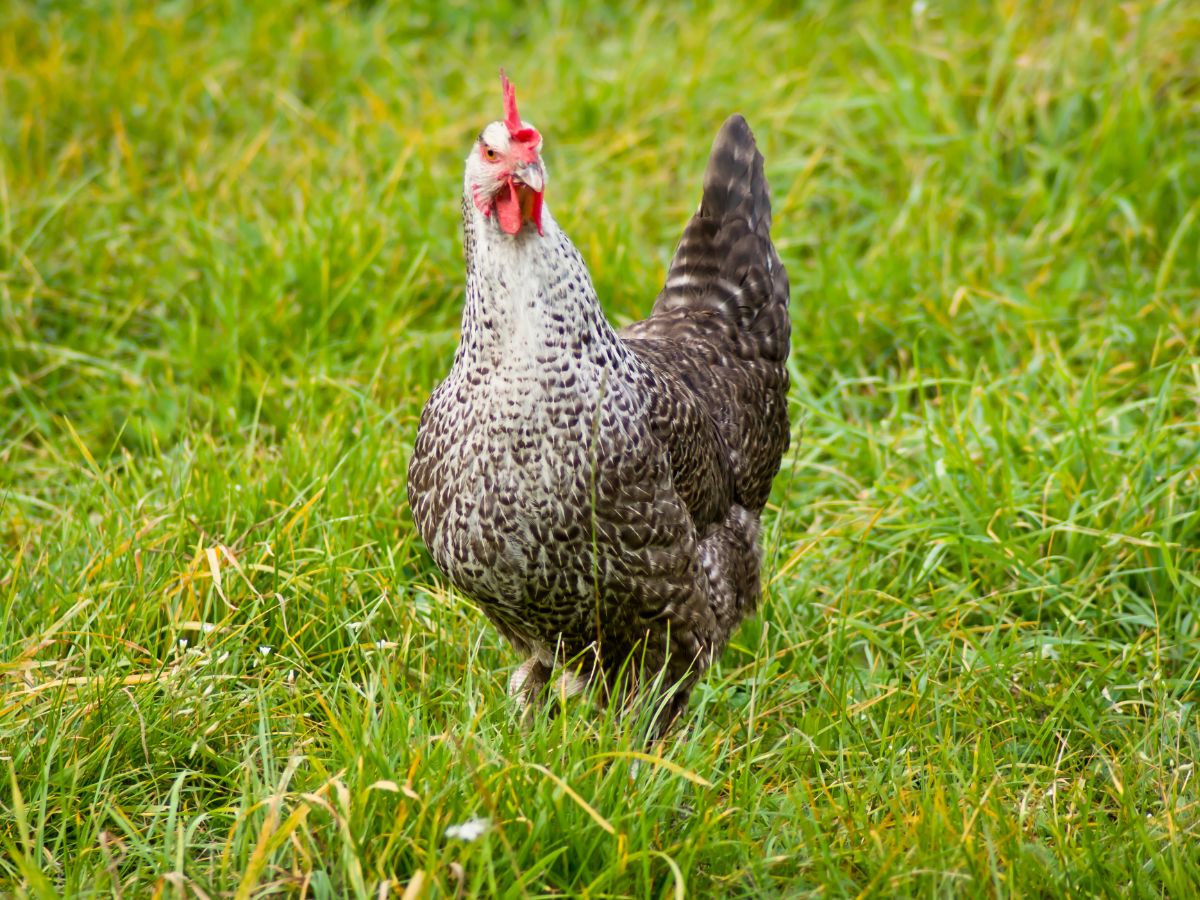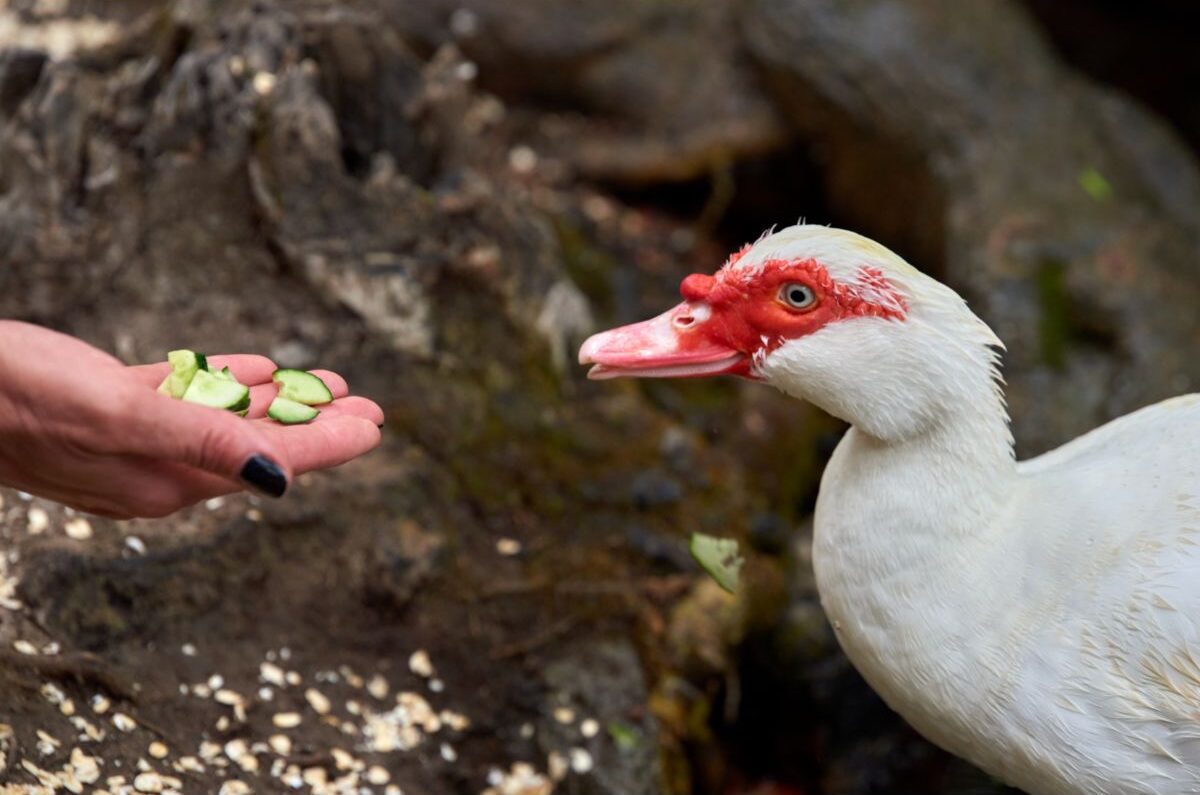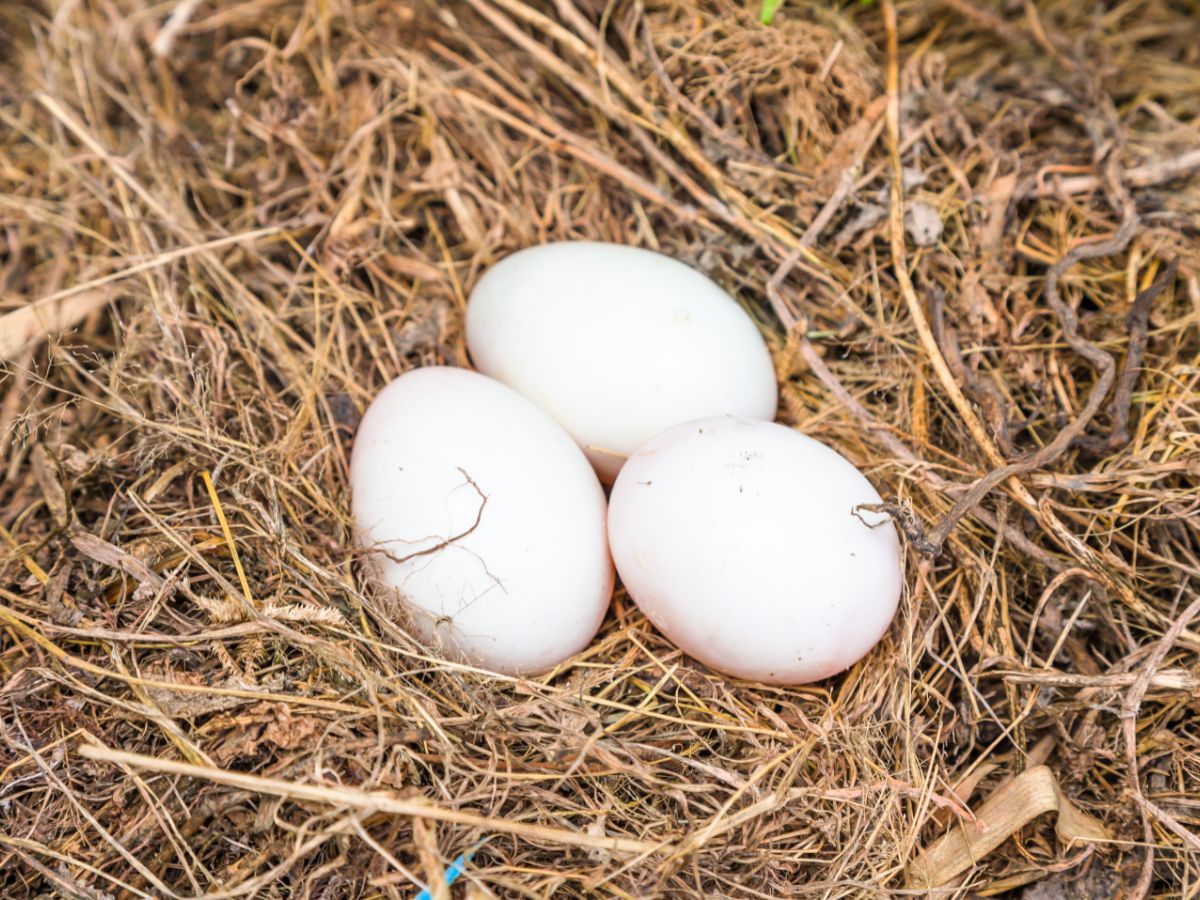If you keep chickens, you know you need to take action when you see some of your chickens have diarrhea. In some cases, it might be a minor issue, and others can be serious, so it’s important to know the difference between the two. My chickens had this issue not long ago, so I phoned my vet to find out why my chickens have diarrhea and what I could do about it.
Some of the reasons chickens get diarrhea include incorrect food, bacterial or viral illnesses, overheating (heat stress), certain types of antibiotics, worms, and too much protein in their diet. Depending on the reason, it can be concerning, so you should call a vet to assess the cause.
I needed to find out why my chickens had diarrhea and what to do about it, so I phoned my vet to get some answers. After speaking to her and doing some additional research, I discovered that a chicken’s diarrhea has many causes. I wanted to share the information I gathered and hope it can help others with the same issue.
Contents
Why Do My Chickens Have Diarrhea?
It’s crucial to know the signs of diarrhea in chickens. Generally speaking, most poultry has a loose stool, but there are times when it is extra runny and might have a different color. Diarrhea and gut problems are common issues in chickens, but if you are unsure, here are the signs of diarrhea and gut issues in chickens;
- Chickens will have watery, discolored (white, yellow, or green) droppings,
- The droppings will have a stronger smell than usual,
- The chicken will have ruffled feathers, look ill and depressed,
- The chicken will stop eating and drinking,
- Their growth will become stunted.
There are many reasons a chicken can get diarrhea; we will look at them in the next section.
Causes And Treatment Of Diarrhea In Chickens
No one likes it when some chickens they care for get sick, but it helps if you know some of the causes; it makes treating the chickens easier. Here are some of the causes and treatments of diarrhea in chickens.
Incorrect Diet
While chickens are robust birds, they require the right kind and quantity of food. When chickens overeat, they can get diarrhea as a result. Like us, chickens like to eat good-tasting food, and if they find their way to a big green patch of shrubs they like, they will eat until there is nothing left.
Another dietary issue is giving your chickens the wrong kind of food. Some feeds are not high quality and can have too much protein. The only times your chicken needs higher levels of calcium and protein are when it goes through its annual molting phase.
After it goes through the molting phase, it will be weak and need a feed with higher protein to replace the energy it exhorted when growing new feathers. You can return to using their regular feed as soon as all the feathers are done growing. If you don’t, your chicken can get diarrhea.
Treating An Incorrect Diet
Most experts agree that chickens should have a 90% complete layer feed and 10% suitable treats diet. Check the information on the feed you are giving your chickens to ensure they are getting a balanced feed. Quality feeds are higher in calcium as chickens need more calcium if they are egg layers.
Ensure that you don’t give your chickens the wrong kind of treats and that you don’t give them too many treats. The right kind of treats in the right amounts will keep them happy and ensure they have balanced gut health. If you find your chickens are getting too much feed, the wrong kind of feed, or unhealthy snacks, you need to consult a vet.
Bacterial Or Viral Diseases
Some of the main causes of diarrhea in chickens are bacterial and viral diseases. Bacteria is usually found in chicken droppings, in humid or wet conditions in the coop, or when the coop is dirty. Chickens can ingest bacteria when they eat contaminated food or drink contaminated water.
Some of the most common bacterial diseases include;
- Salmonellosis,
- Fowl typhoid,
- Necrotic enteritis,
- Spirochaetosis,
- Infectious coryza.
A few of the most common viral diseases include;
• Gumboro disease,
• Newcastle disease.
Treating Bacterial And Viral Diseases
The most common treatment for bacterial diseases usually includes antibiotics like Amoxicillin or Tetracyclines. These medicines are added to the chickens’ drinking water. Before using any medicine, you must contact your vet to discuss treatment.
Unfortunately, there is no treatment for Gumboro or Newcastle disease, and all the affected chickens must be destroyed.
Heat Stress (Overheating)
On hot summer days, chickens lose their appetite but drink much more water. They can drink up to four times more water than usual. The minimal food and increased water intake will cause diarrhea.
Treating Heat Stress (Overheating)
Treating heat stress is not complicated, and you can get your chickens back to their old selves in no time by doing the following;
- Give the chickens clean and cool fresh water that has added minerals, vitamins, and electrolytes,
- Providing the chickens with adequate shade to rest in,
- You can encourage them to eat by making a feed mash. Add some regular feed to cool water until you get the consistency of mashed potatoes. It works well to keep them hydrated.
- You can also let your chickens stand in cool water to help bring their temperatures down.
Intestinal Worms
When chickens have intestinal worms, they can get diarrhea. The only way to know if your chickens have intestinal worms is to have their droppings tested by a vet. If the tests show that even one chicken has intestinal worms, you must treat your entire flock.
Treating Intestinal Worms
To effectively treat worms in your chickens, you must use a prescribed dewormer and ensure it is distributed to the entire flock.
Antibiotics
A common side effect when chickens are on antibiotics is diarrhea. It happens because the antibiotics kill the good and bad bacteria to deplete the offending bacteria in the gut. The antibiotics take a while to work out of the system, but fortunately, there are ways to stop diarrhea.
Treating Diarrhea Due To Antibiotics
There are many ways to treat this kind of diarrhea;
- You can keep your chickens hydrated and add electrolytes, minerals, and vitamins to their water until the antibiotics work out of their system or diarrhea stops.
- It would help if you gave them high-quality feed.
Conclusion
It’s awful when your chickens are sick and knowing what to do when they are is vital for keeping your flock safe and healthy. Diarrhea is one of the many common issues chickens can get, and the best way to treat it is by contacting a vet, getting the right kind of medicine, and keeping your chickens fed and hydrated.




